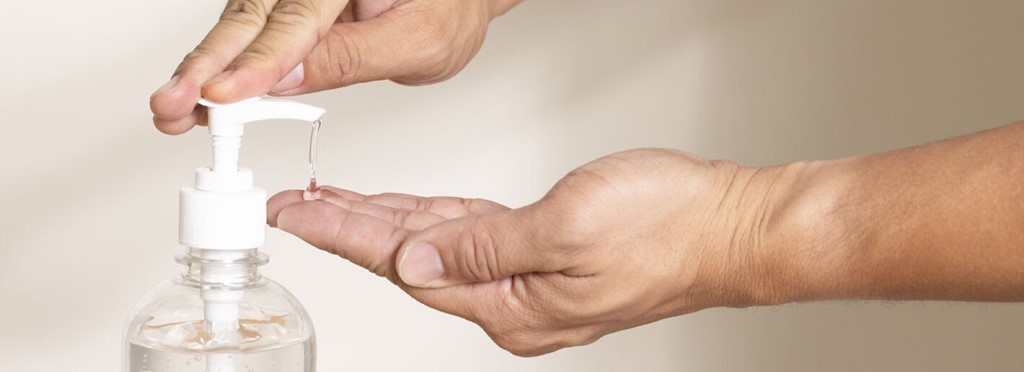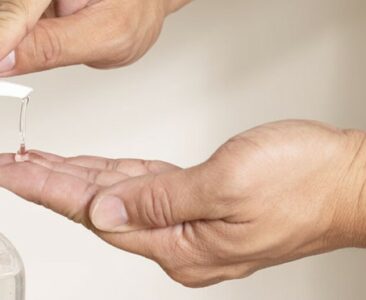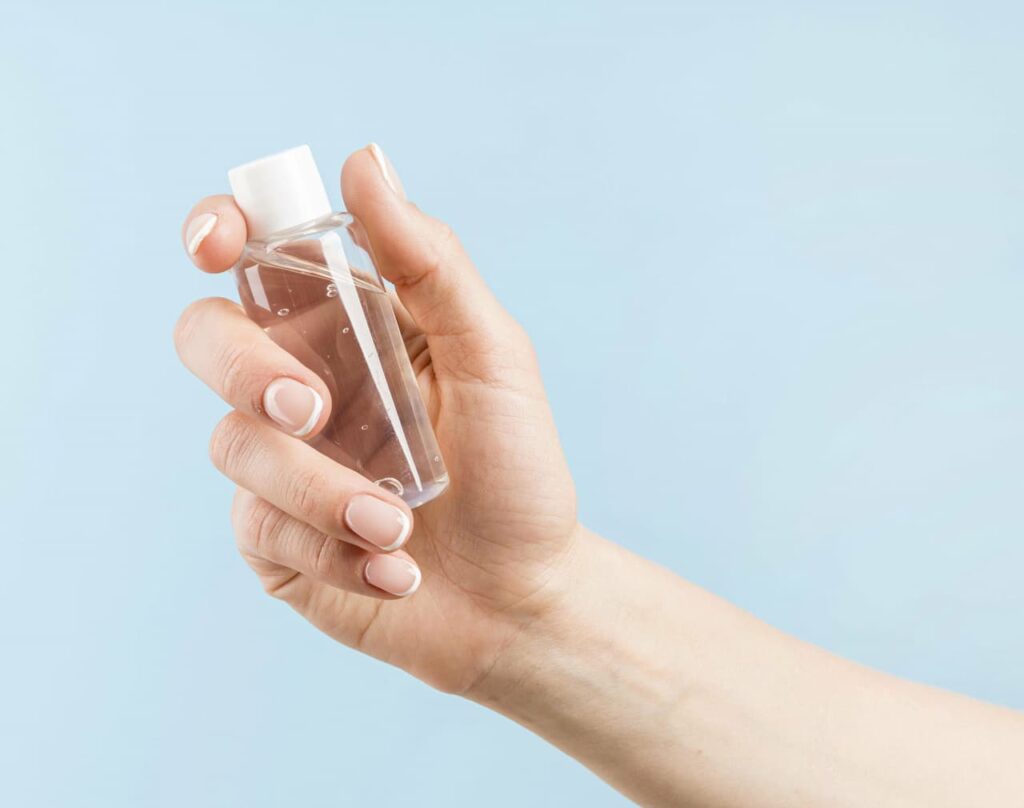The pandemic has made serious adjustments to people’s habitual way of life. To reduce the likelihood of infection, doctors have recommended wearing masks, reducing visits to public places as much as possible and using sanitizers. Antiseptics have many advantages, butthere are also disadvantages. Some people are extremely negative about them, resorting to alternative methods of disinfecting hands, household items and premises. It is worth learning the advantages and disadvantages of sanitizers in order to make the right decision about their use. or opting for other processing methods.
Benefits of sanitizers
Antiseptics are designed to remove microorganisms from the treated surfaces – the skin of hands, objects, things. They are hypoallergenic, extremely rare in people there is a rash and other side effects.
Manufacturers have taken care of a wide range of sanitizers. You can find gels and sprays without odor or with the aroma of lemon, strawberry, chocolate. It’s easy to find the right option for yourself and use it when you need it.
The main advantageof antiseptics is the removal of pathogenic bacteria and viruses from the treated surfaces. Thanks to them, the risk of contracting various infections is significantly reduced. If you use gels and sprays regularly, there is a high chance to avoid getting into the hospital and paying forexpensive treatment.
Sanitizers have become popular during the pandemic, but they’re not just destroying viruses. You can remove a wide range of disease-causing organisms, including different types of fungi, from your hands.
However, it is important to understand that one antiseptic is not enough for total protection. It is recommended to wear a mask. If possible, you should wear gloves, then you can avoid dry hands and irritation that alcohol often causes. An integrated approach significantly increases the likelihood ofavoiding infection.
Harm of sanitizers
Some people do not consider it appropriate to use sanitizers regularly. Some bloggers and doctors advise to abandon them altogether. They name a variety of reasons. Most often, most are of the opinion that antisepticssignificantly reduce immunity.
There is some truth in this statement. With frequent use, the skin does not produce enough microorganisms to fight bacteria. As a result, the ability to protect oneself, donated by nature, is automaticallyreduced due to the lack of an urgent need. Forgetting to treat one’s hands, a person may be helpless before pathogens.
In addition, most sanitizers contain alcohol. According to WHO, really effective means should have at least 75%. This substance has excellent disinfectant properties. Instantly breaks down the fatty shell of viruses, suppressing their reproduction and activity.
However, alcohol products have one significant drawback. They dry the skin of the hands a lot. As a result, microcracks form on it. Bacteria easily penetrate them, causing a variety of diseases that are extremely rare in a standard person. The use of nourishing creams does not solve the problem 100%.
It’s importantto know: sanitizers remove not only harmful microorganisms from the hands, but also beneficial bacteria that protect a person from little-known ailments. As a result, the likelihood of contracting them increases.
Many people suffer from psoriasis and eczema. For them, the useof alcohol-containing sanitizers is a real problem. Such means only aggravate the course of the disease, removing it from the stage of remission.
Alternative remedies
The use of sanitizers can be abandoned. Doctors recommend washing your hands more often with antibeswith anestic soap. To minimize the risks, you should wear gloves.
You can consider the use of antiseptics that do not contain alcohol. Instead, the active components are:
● triclosan;
● Chlorhexidine;
● phytoncills;
● hydrogen peroxide.
However, it is important to understand that they also have side effects and a number of disadvantages. Scientists from the United States, when studying the action of triclosan, found that this substance with prolonged use can cause cancer.
Chlorhecsidine does not have the properties of alcohol. For relatively complete disinfection, you need to treat your hands for at least 30 seconds. Also, it will not help remove viruses from the skin. The substance does not have the power to break down their fatty nucleus, but helps to remove mostpathogenic bacteria without causing dry hands.
How to minimize the harm from sanitizers?
Doctors recommend using antiseptics when there is no other alternative. If there is an opportunity to wash your hands with water and soap, you should use it. After that, it is desirableto apply a nourishing cream or moisturizing lotion.
An excellent solution would be to walk in public places in medical disposable gloves. They can be treated with antiseptics. In this case, the product will not get on the skin and dry it.
It is not recommendedto often visit public places. It is better, if possible, to reduce visits to supermarkets, cafes, switch to a remote work schedule. As a result, being at home, the need to use antiseptics will be significantly reduced.
In remote mode, you cando work, visit the https://www.casinopointcz.com/. Products are easy to order at home thanks to inexpensive delivery. You can do the same with medicines. Thereare no problems with money either. You can get in bonusové kódy zdarma casino, watch a TV series, a movie, etc.
Is it important to choose a sanitizer correctly?
It is important to understand that not all antiseptics are effective. In order for the sanitizer to work at 100%, you should study its composition. It should contain at least 75% alcohol. It is worth avoiding buying gels and sprays with a large number ofm of fragrances, oils, moisturizing components. The effectiveness of such products is low.
It is necessary to pay attention to the shelf life. Alcohol is a volatile liquid. It gradually evaporates from gels and sprays. If there are 1-2 months left before the end of the period, you should notput such a remedy to sleep. Its effectiveness will be low.
In addition, it is recommended to pay attention to the manufacturer. It is better to overpay for an antiseptic from a leading brand and get a quality product with a good and reliable composition than to sufferfrom allergies from a sanitizer released by a little-known company. Unscrupulous manufacturers often add methanol. It can cause suffocation, blindness. With prolonged use, people fall into a coma and die.



